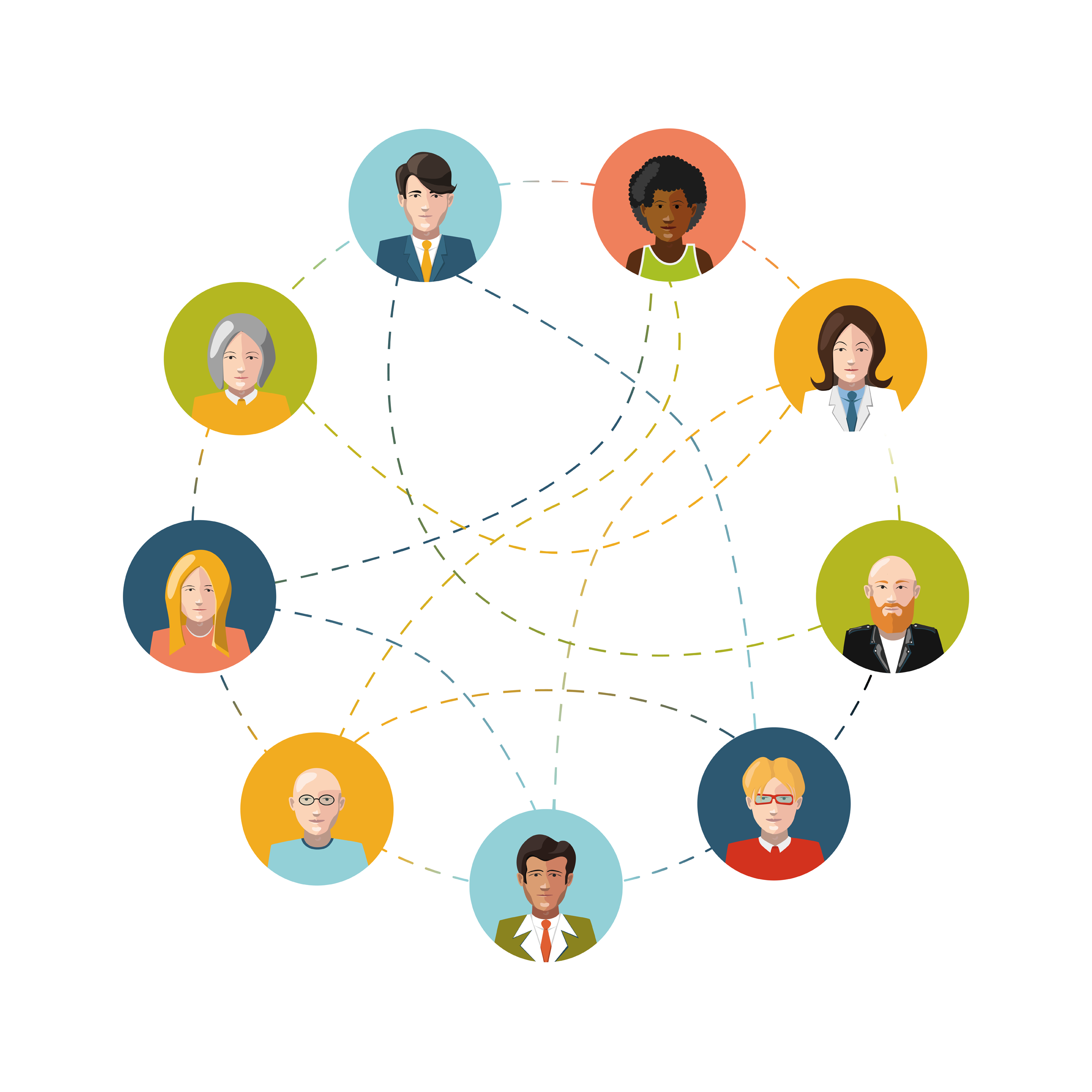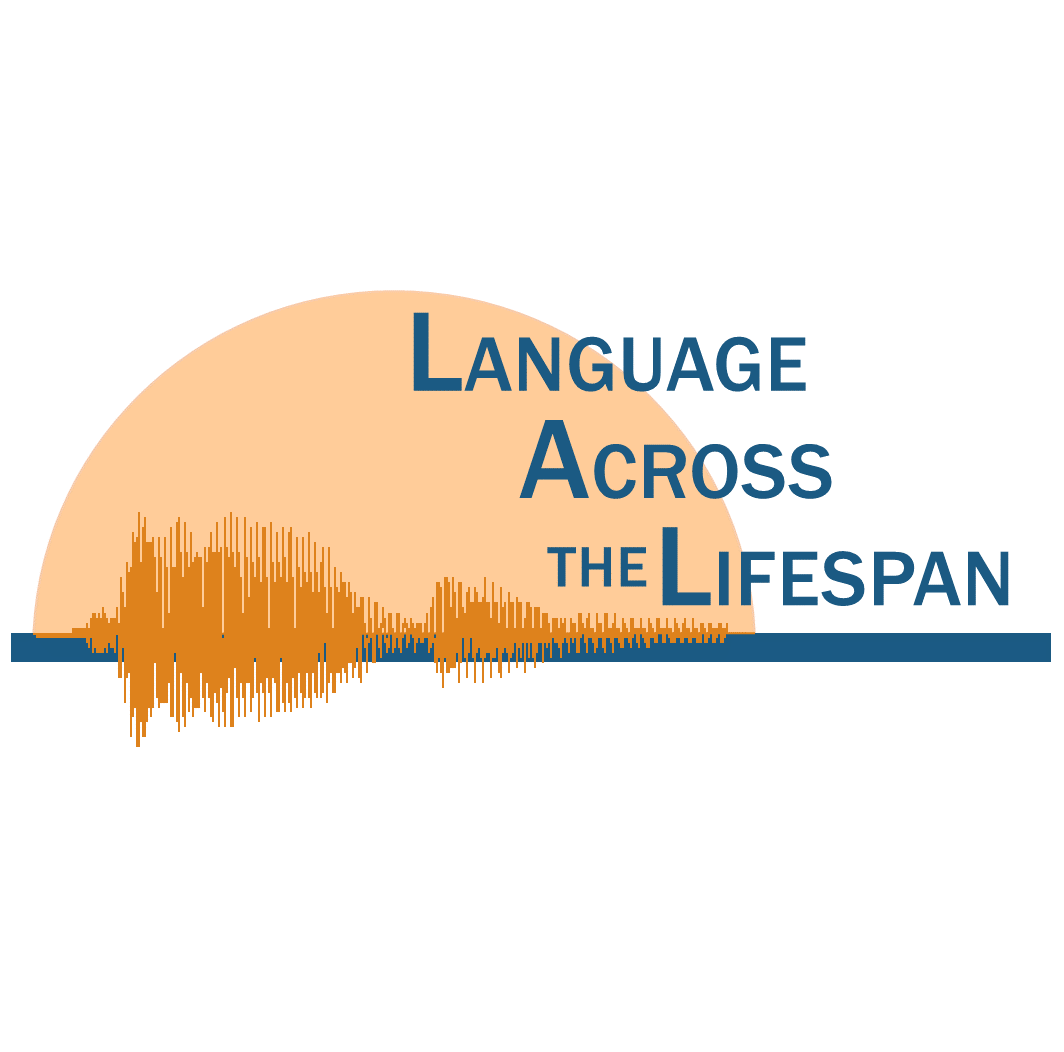
Listening to someone speaking is like racing through an obstacle course with your mind.
For every word that is said, you need to first hear it and then match it with one amongst the thousands of words that you know. With every second that passes, a speaker typically says between three and five words. If recognizing a word is like jumping a hurdle, then your mind is leaping across as many as 300 words per minute!
That’s really fast! This speed is all the more impressive when you think about all the work that goes into identifying a word. Every time you hear a word, you’ve got to puzzle out which one it is. This involves finding the right match within a collection of about 40,000 words in the average person's vocabulary.
Research shows that as the first few sounds filter in, you immediately begin considering all the possible words that could be made from them. For example, after hearing “wi-”, the words “whistle”, “window”, and “wizard” might all come to mind. It isn’t until the second syllable “-zard” is said that you can rule out the other options and successfully recognize the word “wizard”.
At the University of Iowa, we can watch this puzzling process play out in real-time by tracking the movements of people’s eyes as they listen to or read words and match them with pictures. By looking at where people are looking, we can see what words they are considering as possibilities while they’re still making up their mind.
Just like running a race can get more challenging as the years pass, a person’s ability to recognize words can also change with time.
It’s not uncommon for speech to become more difficult to understand as the years go by, especially when it’s noisy. Some of this difficulty is caused by changes in hearing, but this isn’t the whole story.
Even for people who can hear well, the process of recognizing words begins slowing down around age 45. It starts taking a bit more time for these listeners to begin considering possible words, and they start ruling out other similar sounding possibilities less completely.
This means that by the time the next word is being said, they might still be thinking about the word that came before. They would then have two words that need to be identified, hopefully before a third word is added to the batch!


With how quickly people talk, even small changes to the speed of word recognition can easily snowball into noticeable effects, making understanding what people are saying more challenging than it used to be.
With this added challenge, it can be tempting to start talking with people less. However, socializing and having regular conversations are important for keeping the mind sharp.
Spending too much time alone can make age-related changes happen faster. This can make understanding what people are saying in future conversations even more challenging. As the challenge increases, people might be more tempted to avoid talking. It’s a slippery slope!
Luckily, language processing is flexible. If we know which language skills change with time, we can work on helping to strengthen them. With stronger language skills, people can have an easier time talking with others and gain easier access to the benefits of socializing.
Just like spending time on a treadmill can help a runner prepare for a race, we hope that what we learn from this study can help us find ways to better prepare the mind for running through the obstacle course that is conversation.

Language Across the Lifespan is a 2-year NIH-funded study that seeks to understand how the processes underlying word recognition change over time. We want to know:
- What factors contribute to age-related changes affecting people’s ability to recognize words in real-time? Are these factors unique to word recognition?
- How do differences in language processing relate to a person’s social well-being in the context of other psychological factors?
If you’re interested in learning more, you can check out our paper describing a related study exploring changes in the efficiency of word recognition and this press release giving an overview of our findings.